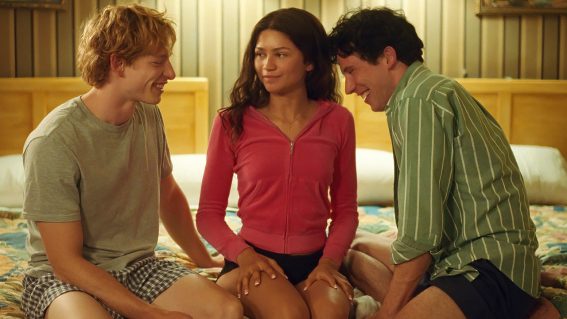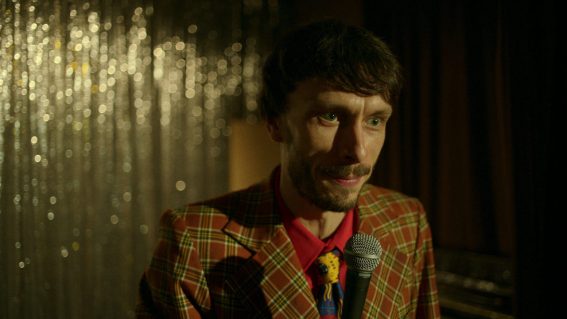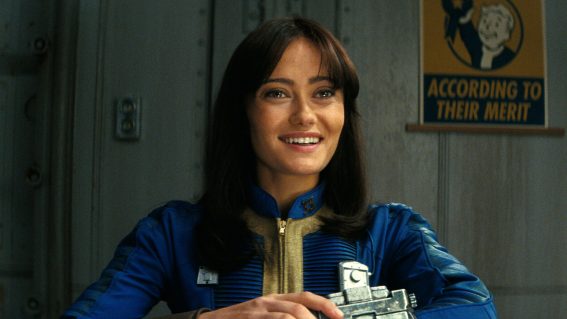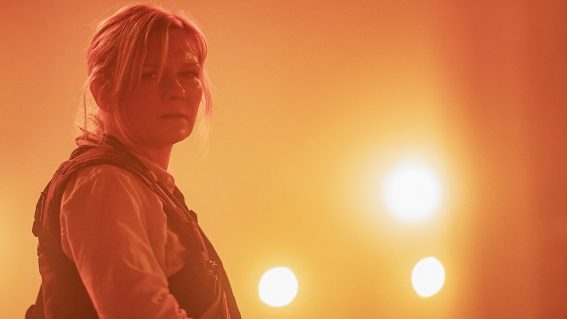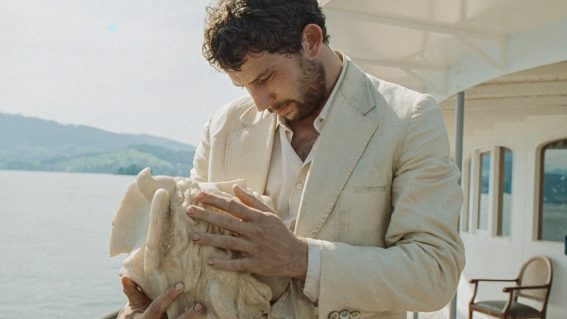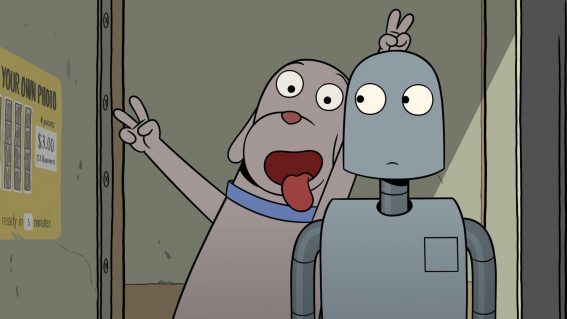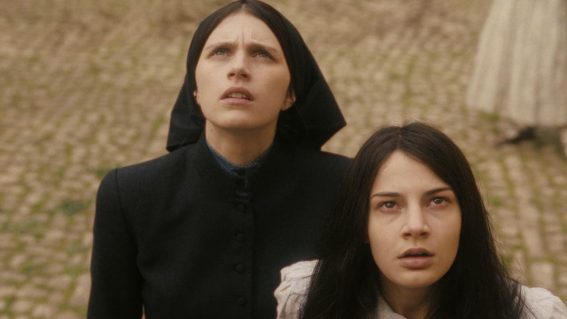Review: Rain of the Children
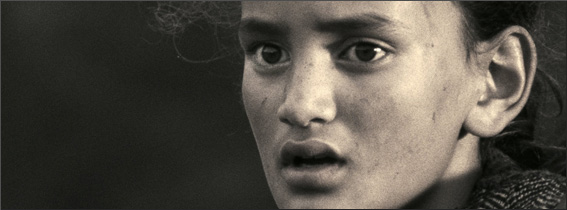
The subject of this film is Puhi; a spirited, fascinating and very endearing old lady. A hunched and haunted figure, with a face you could look at for hours; you very quickly get the impression Puhi – or ‘Nanny’ – has had a hell of a life. We are introduced to her in her eighties, living an insular existence in the Urewera Ranges near Gisborne and still caring for her schizophrenic adult son Niki (who is no less intriguing). This strange and tense family unit was also the subject of Ward’s short documentary In Spring One Plants Alone, made 30 years ago. Puhi died shortly after that, but since then director Vincent Ward has harboured a hunch – that a dark undercurrent he observed held a much bigger story. Compelled, he revisits the subject in the brilliant Rain of the Children.
And find out more he does, unearthing a very tragic tale. Puhi (who would eventually have 14 children in total) was ordained to marry the son of Maori prophet Rua Kenana. Stately and long haired, Rua Kenana attempted to revitalise his people after the New Zealand Wars. He called himself the Messiah, likening their plight to that of the Israelites. He created an amazing settlement that housed up to 1,000 followers at Maungapohatu, which he called ‘New Jerusalem’. Puhi’s life – her husbands, her children’s tragic fate and the subsequent belief in a curse – is weaved through these historic times.
I mention all this, because I was so intrigued with the story and found it hugely insightful. The characters and the historical backdrop are just so damn interesting.
The film uses a whirlwind of archival footage, photographs, awesome re-enactments (in which Ward’s unique visual flair is on show), and interviews with descendants and historians. Ward may be guilty of over-playing things, or forcing a narrative. For instance, Puhi’s ‘narration’ voiced by Rena Owen sits uneasily and seems to put words in Puhi’s mouth (especially when juxtaposed against actual footage of her). But such irks are only slight distractions to the film’s bold and imaginative presentation. Like the audience enjoys discovering this story, Ward is enjoying telling it. He unfurls it like a campfire tale, and it’s consistently captivating.
Rain of the Children corners and captures a specific part of history and, perhaps more importantly, a specific part of our culture that isn’t obvious nor well known. I’ve been recommending it to everyone.

